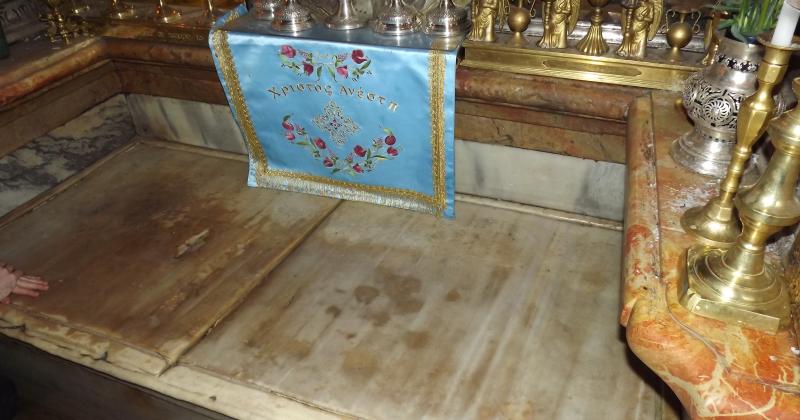Upon his arrival in Ankara the Pope visited Ataturk’s Mausoleum, where he left a message in the Golden Book and praised the country’s humanitarian efforts
First of all Francis thanked journalists: “I welcome you and thank you for your company on this trip. Through your work, you provide support, help and service, you do the world a service by informing people about these religious and humanitarian actions.” Pope Francis pronounced these words as he greeted journalists on the flight to Ankara. Regarding his destination country, he said: “Turkey is a witness. It helps so many refugees arriving from conflict zones,” in other words Iraq and Syria.
Once off the plane, the Pope was welcomed on the runway by the Apostolic Nuncio Mgr. Antonio Lucibello and by a Turkish government minister representing President Recep Tayyip Erdoğan. No special welcome ceremony was scheduled, as the official welcome reception will be held at the presidential papal, according to Erdoğan’s wishes.
First stop, the Ataturk Mausoleum, which Francis travelled to in a bullet-proof car. Here – the place which houses the remains of the “father” of the Turkish Republic, founder of the country’s lay State which abolished the Caliphate in the Constitution of1937 – the Pope lay a wreath and paused for a moment of reflection, before signing the Golden Book in the museum’s “Tower of National Pact” hall. Francis message reads: "I make my most sincere vows for Turkey, a natural bridge between two continents, to be not only a crossroad of paths but also a place of meeting and dialogue and serene coexistence among men and women of good will of every culture, ethnicity and religion."
As he departed for Turkey – where he is travelling to “to foster encounter and dialogue between different cultures, to strengthen the path of Christian unity and share moments of prayer with fellow Catholics” – Francis sent “cordial greetings” to the President of the Italian Republic, Giorgio Napolitano and the Italian nation, sending his “beloved Italy” “heartfelt wishes for spiritual, civil and social progress.”
“His visit is highly significant in many ways, one of the reasons being the crucial role Ankara is called to play in a region that has been shaken by serious tensions and bloody conflicts, with millions of innocent people sadly suffering the consequences,” Napolitano said. The Pope’s trip, he said, will help “foster hopes for a future in which a constructive awareness of the differences between cultures and religions will be perceived as an asset and not as a pretext for abuse of power.”
